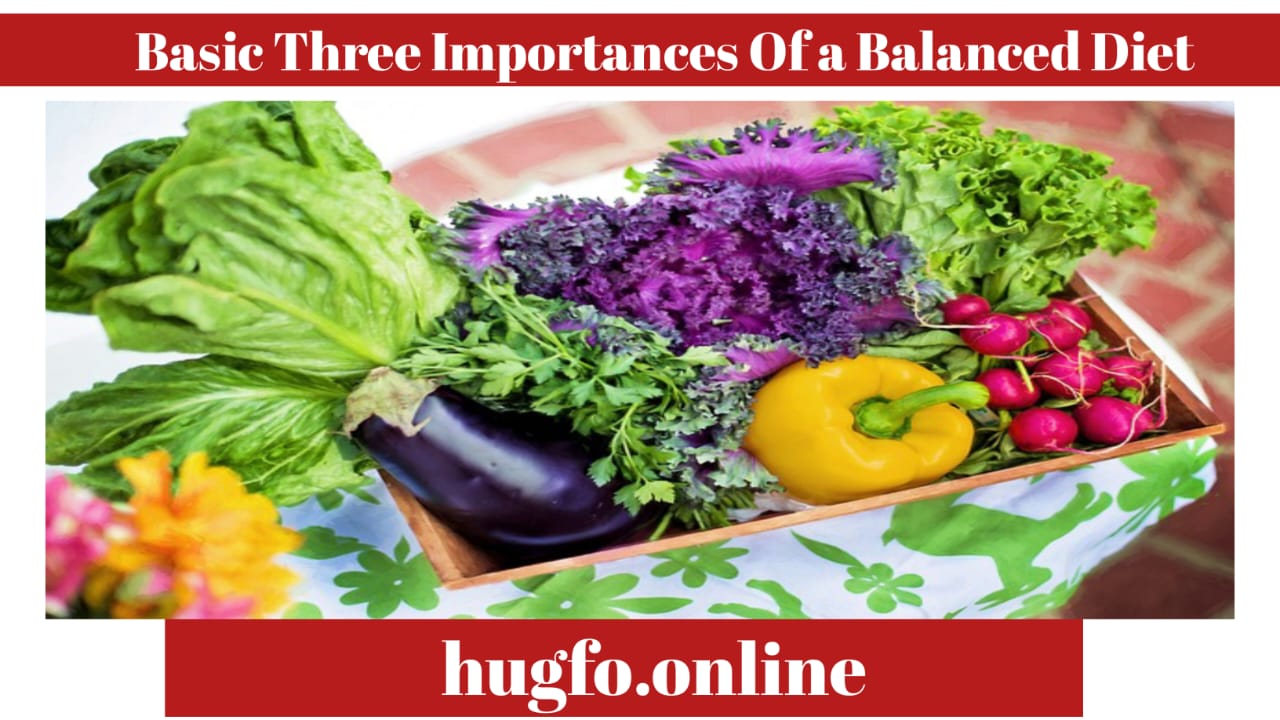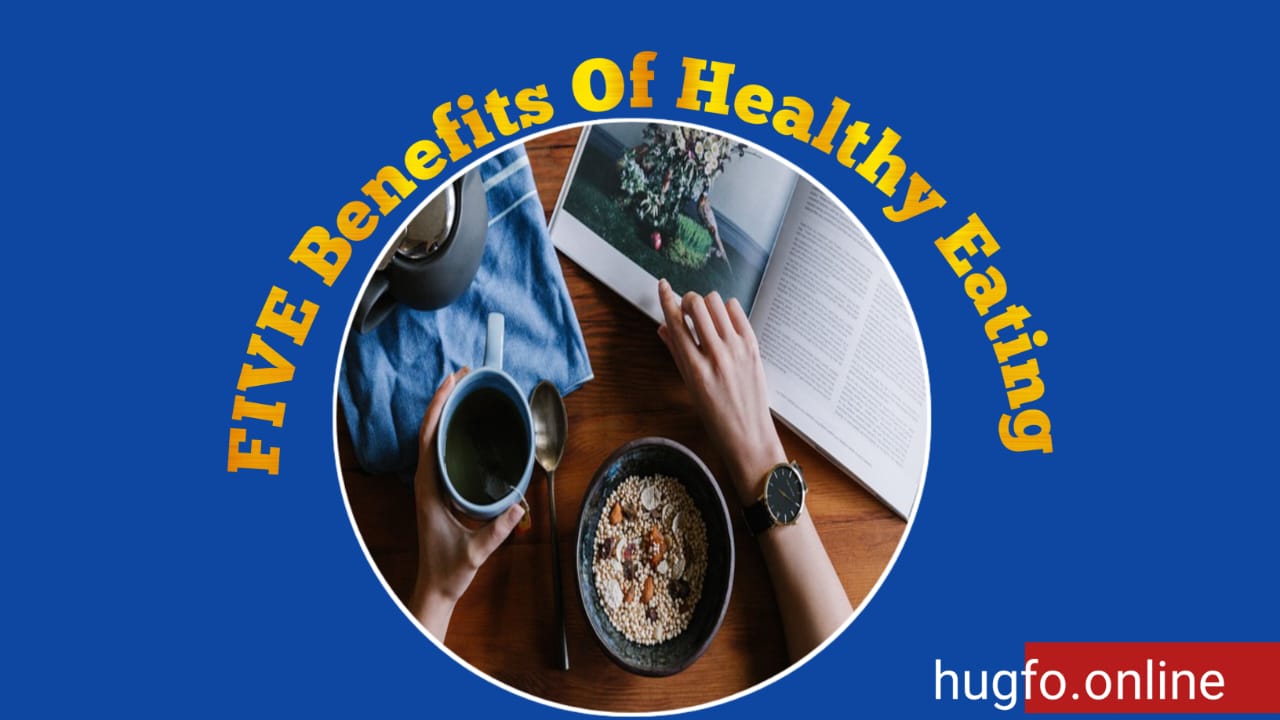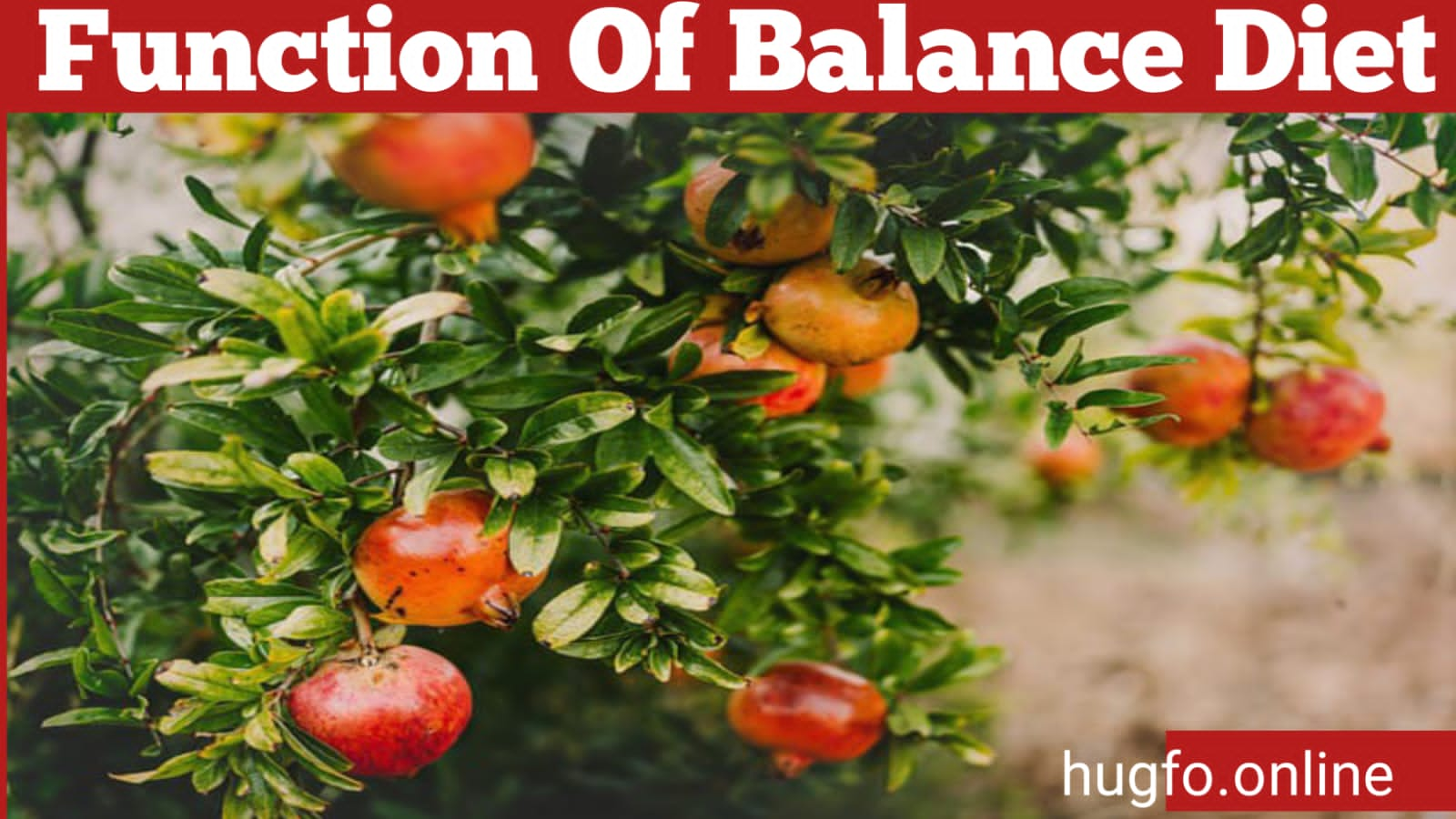Ever found yourself wondering, “What are the basic 3 importance’s of a balanced diet?” If you have, you’re not alone! In a world overflowing with fad diets and contradictory advice, the simple truth about balanced eating often gets lost in the shuffle. A balanced diet isn’t just a trendy phrase tossed around by nutritionists; it’s the cornerstone of a healthy lifestyle. This article will break down the three essential importances of a balanced diet, showing you why it matters and how you can incorporate it into your daily life.
Balanced Diet
- Energy and Vitality
- Disease Prevention
- Weight Management
Ready to explore? Let’s dig deeper!
1. Energy and Vitality
When you think about food, what pops into your mind? For many, it’s about filling up and satisfying hunger. However, the importance of a balanced diet goes way beyond just feeling full!
Fueling Your Body
A balanced diet provides the essential nutrients your body craves to function at its best. Think of your body as a high-performance car: to keep it running smoothly, you need the right fuel. Here’s what that looks like:
- Carbohydrates: These are your body’s main energy source. Found in foods like whole grains, fruits, and vegetables, they provide the quick energy you need to tackle your day-to-day activities.
- Proteins: Essential for muscle repair and growth, proteins come from sources like meat, fish, beans, and nuts. They’re the building blocks of your body’s structure!
- Fats: Good fats, like those from avocados, olive oil, and nuts, support cell growth and protect your organs. Plus, they help your body absorb nutrients effectively.
So, how does a balanced diet boost your energy and vitality? By ensuring you’re consuming a variety of these macronutrients, you’ll feel more energized and less fatigued. Who wouldn’t want to power through their day feeling vibrant and full of life?
Staying Energized Throughout the Day
Let’s break it down further! Here’s how you can keep your energy levels high:
- Start your day with a hearty breakfast: Think oatmeal topped with fruits or a smoothie packed with greens.
- Opt for balanced meals: Combine protein, healthy fats, and carbohydrates at every meal. For instance, a chicken salad with mixed greens, avocado, and quinoa will keep you fueled for hours.
- Snacking wisely: Choose nutrient-dense snacks like nuts, yogurt, or fresh fruits to keep energy levels stable.
By following these tips, you’ll harness the power of a balanced diet, ensuring that energy surges rather than dips throughout your day. You won’t just survive; you’ll thrive!
2. Disease Prevention
Now that we’ve covered energy, let’s chat about another significant importance of a balanced diet: disease prevention. It’s pretty well-known that what you eat can impact your health dramatically.
The Role of Nutrition in Health
Numerous studies have shown a strong link between diet and various health conditions. A balanced diet can lower the risk of:
- Heart Disease: Consuming plenty of fruits, vegetables, whole grains, and lean proteins can help maintain healthy blood pressure and cholesterol levels.
- Diabetes: Eating a balanced diet rich in fiber and low in refined sugars can stabilize blood sugar levels, reducing the risk of Type 2 diabetes.
- Certain Cancers: A diet abundant in antioxidants, vitamins, and minerals can bolster your immune system and fight inflammation, potentially lowering cancer risks.
Building a Strong Immune System
So, how do you build that impenetrable wall against diseases? Here are a few practical tips:
- Color your plate: Aim for a rainbow of fruits and vegetables. Each color offers different nutrients and antioxidants that promote health.
- Stay hydrated: Drinking plenty of water is crucial for flushing toxins and keeping your body functioning properly.
- Limit processed foods: The more you can reduce added sugars, salt, and unhealthy fats, the better. Whole, natural foods should take the spotlight!
With these strategies in place, you’re not just warding off diseases; you’re giving your body the tools it needs to fight back and stay healthy!
3. Weight Management
Lastly, let’s discuss the third importance of a balanced diet: weight management. This is a hot topic, isn’t it? In a culture obsessed with weight loss and image, the conversation can get a bit murky.
Finding Balance, Not Deprivation
A balanced diet isn’t about depriving yourself; it’s about finding harmony in what you eat. When you nourish your body with a variety of nutrients, you’re less likely to overeat or binge on unhealthy foods. Here’s how it works:
- Satiation: Foods high in fiber and protein keep you feeling full for longer. This helps curb those pesky cravings and prevents overeating.
- Balanced meals: When you incorporate the right mix of macronutrients into your meals, your body is more likely to signal satiety effectively.
- Portion control: A balanced approach makes it easier to enjoy your favorite treats in moderation without feeling guilty.
Practical Tips for Weight Management
Here are some handy tips for keeping your weight in check while still enjoying delicious food:
- Meal prep: Planning meals ahead can help you avoid unhealthy last-minute choices.
- Mindful eating: Pay attention to what you eat. Chew slowly, savor each bite, and stop when you’re satisfied.
- Stay active: Combine your balanced diet with regular physical activity for optimal weight management.
By embracing these practices, you’re not just managing your weight; you’re fostering a healthier relationship with food!
FAQs
1. What are the basic 3 importances of a balanced diet?
The basic three importances are energy and vitality, disease prevention, and weight management.
2. Can a balanced diet help me lose weight?
Absolutely! A balanced diet promotes satiety, reducing the likelihood of overeating and helping you maintain a healthy weight.
3. What should I include in a balanced diet?
Aim for a variety of fruits, vegetables, whole grains, lean proteins, and healthy fats to ensure you’re getting a well-rounded mix of nutrients.
4. How can I start eating a balanced diet?
Start small! Incorporate more fruits and vegetables into your meals, opt for whole grains, and try to include lean proteins and healthy fats.
Conclusion
So there you have it! When you ask, “What are the basic 3 importances of a balanced diet?” you get a wealth of information: energy and vitality, disease prevention, and weight management. Embracing a balanced diet isn’t just a lifestyle choice; it’s a game changer for your overall health and well-being.
Remember, eating well doesn’t have to be boring or restrictive. With a bit of creativity and mindfulness, you can enjoy delicious meals while nourishing your body.



